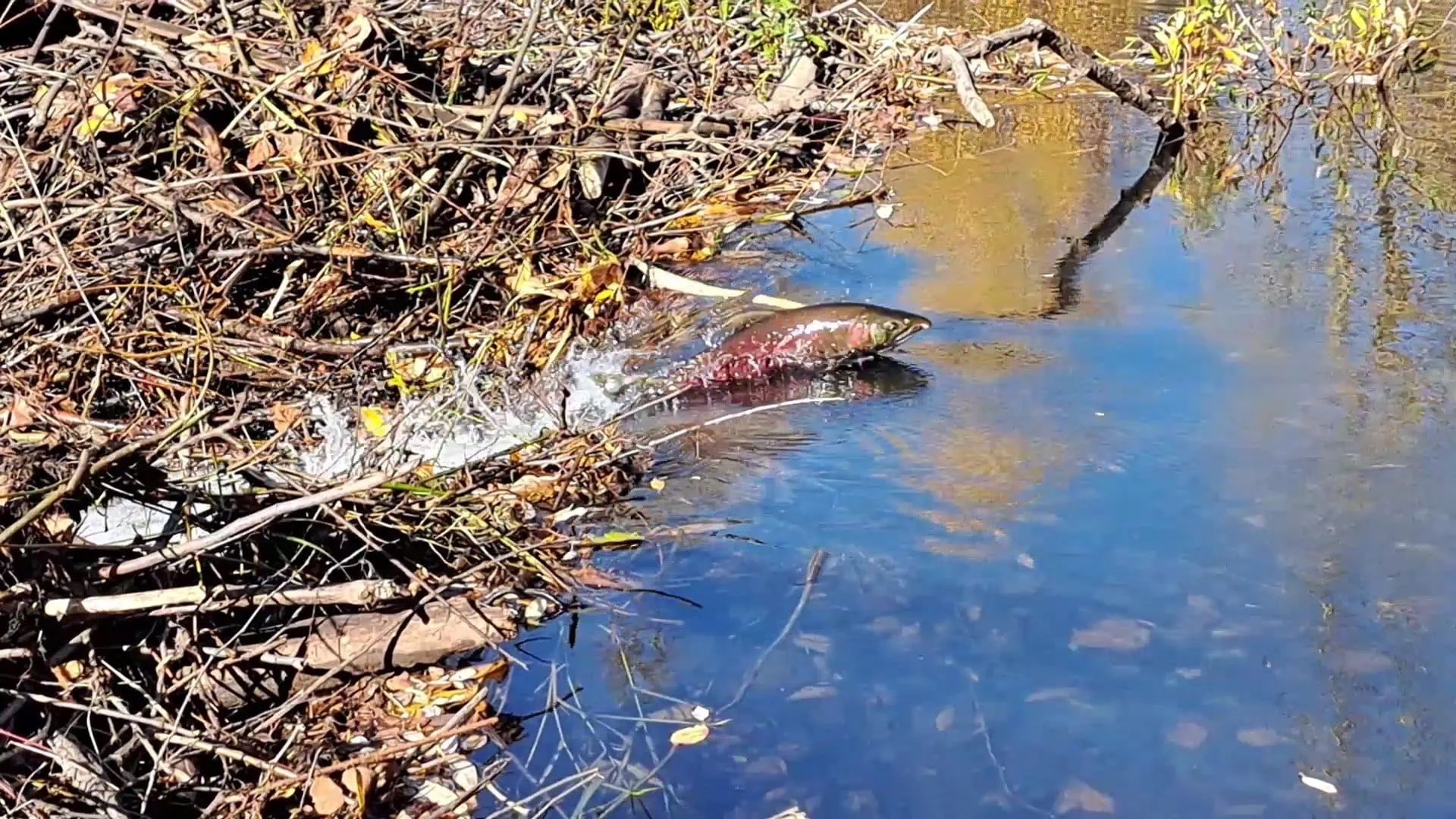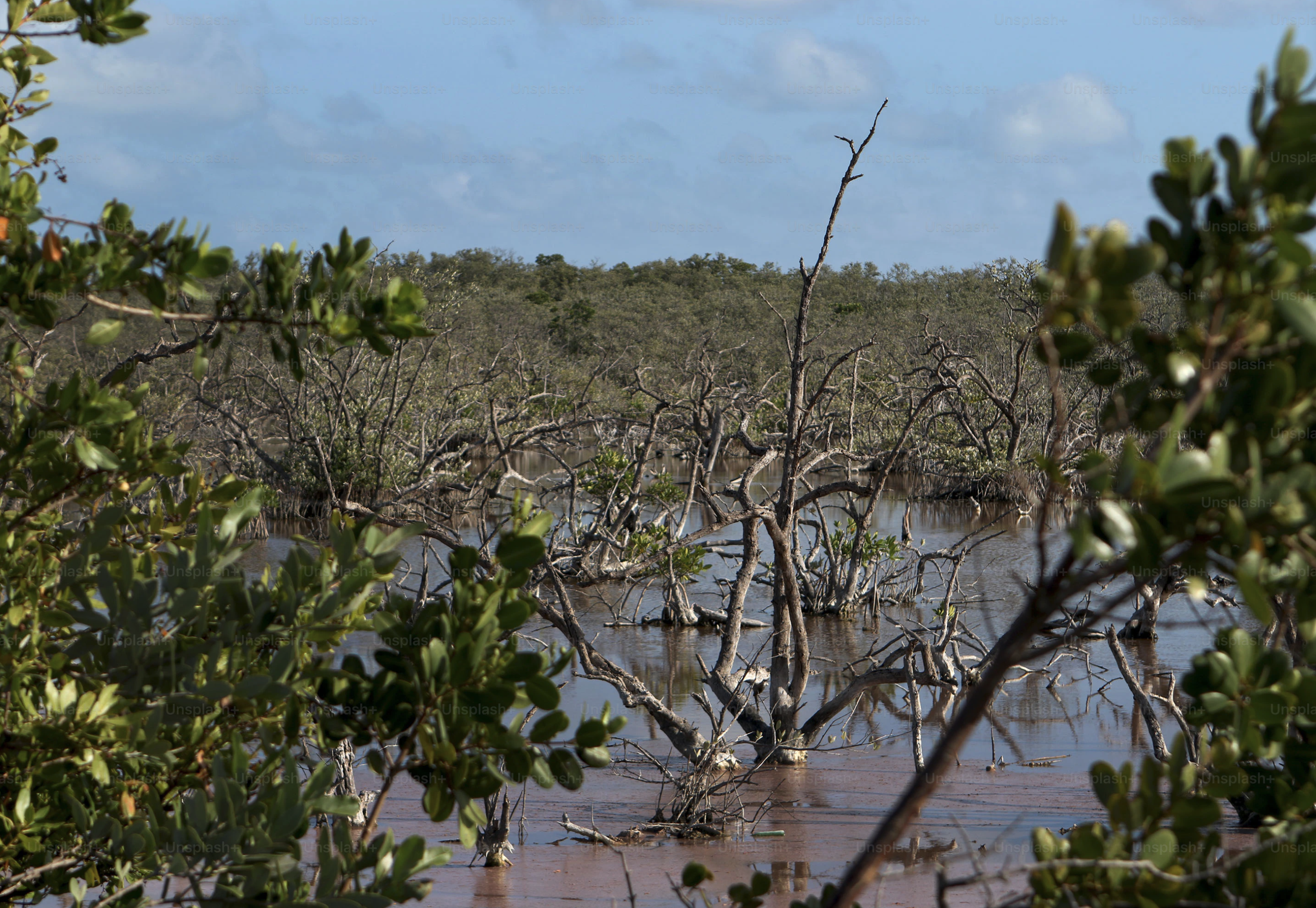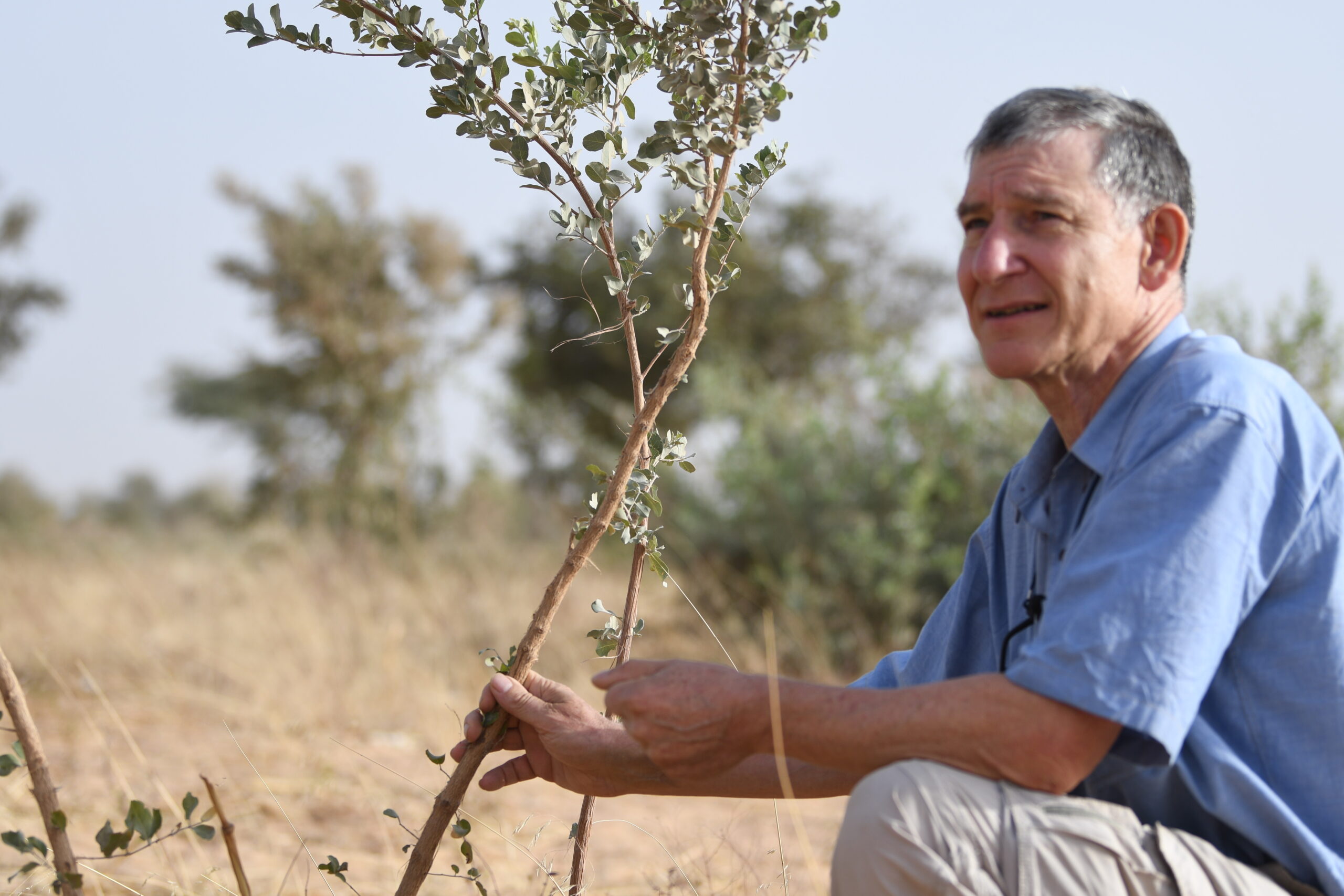A fisherman and A Rocha
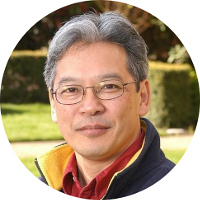 This summer [of 2018], after 10 years as an international trustee, I retired from the board of A Rocha. How is it that the son of an immigrant fisherman from Japan came to be involved with creation care?
This summer [of 2018], after 10 years as an international trustee, I retired from the board of A Rocha. How is it that the son of an immigrant fisherman from Japan came to be involved with creation care?
I grew up on the west coast of Vancouver Island in Canada at a time when wild Pacific salmon were diverse and abundant. From a child’s perspective it was an idyllic time and place of tide pools, towering trees, close mountains and the ever-present ocean.
Did you know that in the towering coastal cedar and fir trees one finds the chemical signatures that indicate they were fed by salmon? Black and grizzly bears are the carriers and broadcasters of the fertilizer.
We now know that there are coastal wolf packs that go fishing for protein. Night vision lenses on remote cameras have picked up families of wolves who go salmon fishing at night.
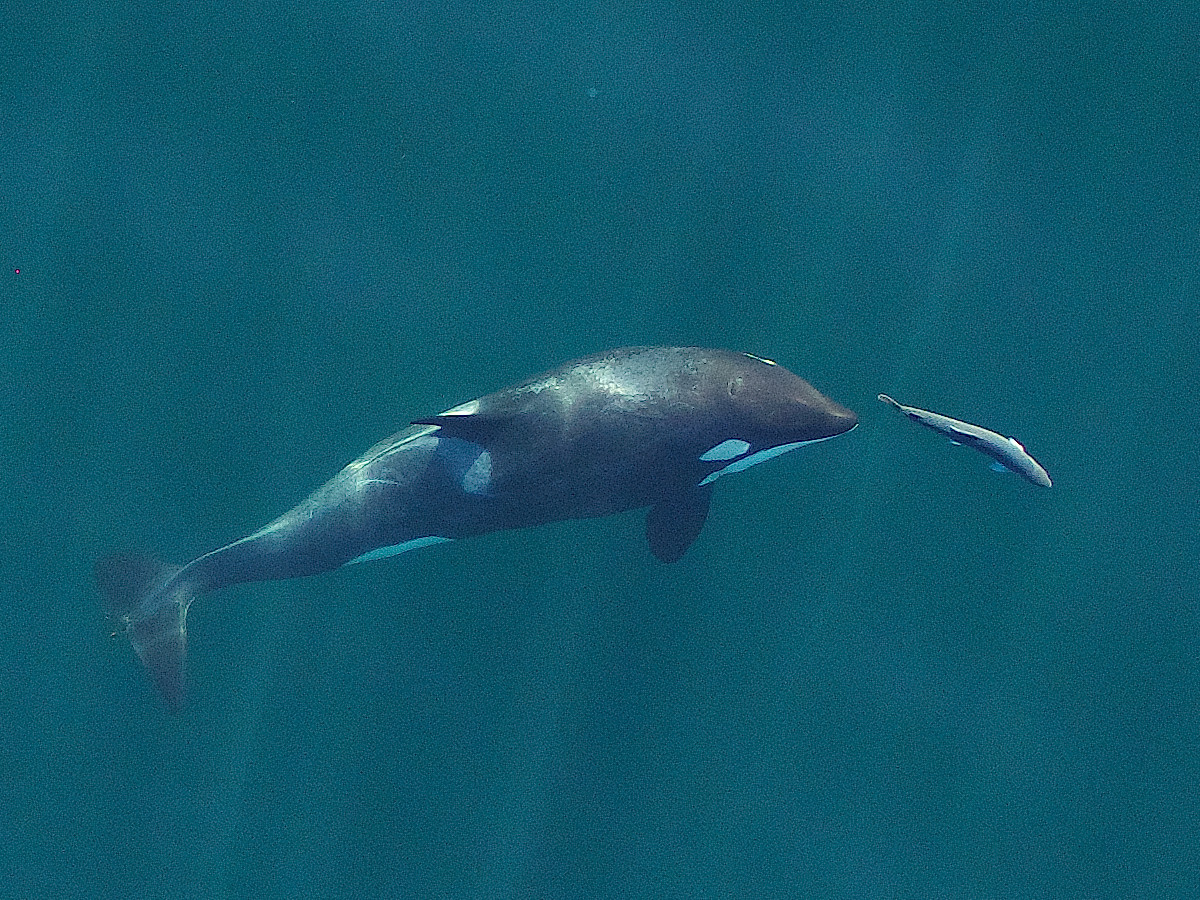
Southern resident orca Orcinus orca chasing a Chinook Oncorhynchus tshawytscha, Salish Sea – photo by John Durban / NOAA (CC BY–SA 2.0)
Southern resident orcas are picky eaters. Almost to exclusion, they prefer Chinook salmon (the largest of the 5 pacific salmon species). Sadly as Chinook salmon populations have plummeted on parts of the coast, so have these unique orcas. While a transient orca pod may feed off of the local seal and sea lion populations, the resident orcas are literally starving, all because Chinook are in trouble. Even if there are abundant Sockeye and Pink salmon available, they will not eat them.
The Pacific Northwest of North America is known for its rich indigenous cultures, built upon abundance and surplus of salmon, cedar trees and ocean abundance. Sadly as salmon wealth has declined, indigenous people have also suffered. No longer can they access the bounty of sea the way they used to. The real existential question is, can there be Tsimshian, or Haida or Nuu-chah-nulth cultures if there is no longer salmon?
As a biophysical region, where I grew up is still relatively healthy from an environmental perspective, but the disquieting signs of impact and decline are growing. Commercial salmon fishing no longer anchors the economy of the community I grew up in.
It is clear that human activities are negatively impacting salmon and their habitat. It’s not a single cause but impact from a thousand sources. Urban runoff, flood control, land clearing and past hydroelectric, forestry, mining, agriculture and harvesting have reduced abundance and diversity. Now invasive species and a changing climate are exacerbating the problems.
As a teenager I became a follower of Jesus Christ and as I grew in my faith, my concern for the ocean environment and fishing peoples continued to grow. Just as Jesus approached Peter and Andrew and chose fishermen to follow him and become fishers of men, I felt a calling to become involved in A Rocha.
Shepherds figure prominently in the scriptures, and for good reason, to protect the flocks and be aware of the environment. But I am biased and get excited to learn about the role of fishermen to bring good news to the whole world, including creation.
A Rocha is an organization of hope. [tweet_dis inject=”#ARocha #OceanOptimism”]While humans have negatively impacted the environment and salmon, it is also humans who are helping to conserve, protect and rebuild them[/tweet_dis]. A Rocha Canada from the Brooksdale farm and learning centre has adopted the Little Campbell River that flows into the Pacific Ocean near Vancouver, for study, teaching and restoration. In northern British Columbia, A Rocha stream keepers are demonstrating stewardship on the Bulkley River.
I continue to go down to the sea… to fish.
We are happy for our blogs to be used by third parties on condition that the author is cited and A Rocha International, arocha.org, is credited as the original source. We would be grateful if you could let us know if you have used our material, by emailing [email protected].

